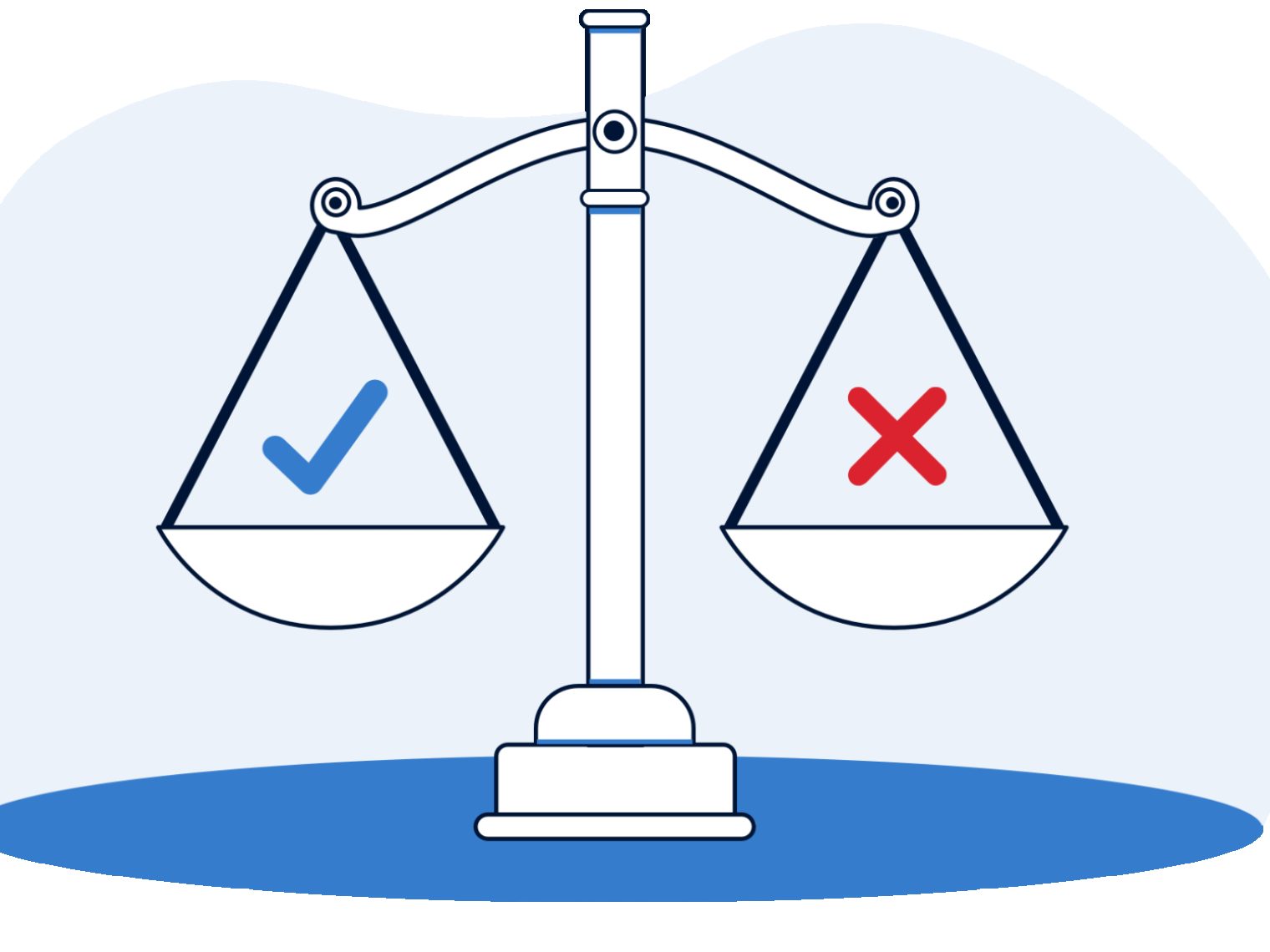We receive a lot of questions about using education income to qualify for a VA home loan. Unfortunately, the answer is usually disappointing.
You cannot use GI Bill income toward your VA loan application. VA lenders will only count “effective” income towards a loan, which means it must be stable, reliable and likely to continue. Lenders look for these three key characteristics regardless of loan type, whether it's VA, FHA or conventional.
Why GI Bill Income Can’t be Used for a VA Loan
The problem with GI Bill income is its short-term nature. You're not likely to be in school for a huge chunk of time, especially when compared to a 30-year mortgage. This income may also be subject to change, which can be quite concerning for lenders.
Effective Income
Stability and consistency are key when it comes to income and VA loans. There are various forms of income that lenders can count toward a mortgage, including base pay and housing (BAH) allowances during active service, retirement income, rental income and more.
Self-employment income can also pose some unique challenges for both military borrowers and lenders. In most cases, lenders want self-employed borrowers to have at least two years worth of tax returns to show a consistent financial history before moving forward on a mortgage application.
If you're unsure about your income status and want to know where you stand, it's best to go straight to the source. Run your questions and concerns by a VA loan specialist to see what might be possible. You can do that with Veterans United at 855-870-8845.
Related Posts
-
 VA Renovation Loans for Home ImprovementVA rehab and renovation loans are the VA's answer to an aging housing market in the United States. Here we dive into this unique loan type and the potential downsides accompanying them.
VA Renovation Loans for Home ImprovementVA rehab and renovation loans are the VA's answer to an aging housing market in the United States. Here we dive into this unique loan type and the potential downsides accompanying them. -
 Pros and Cons of VA LoansAs with any mortgage option, VA loans have pros and cons that you should be aware of before making a final decision. So let's take a closer look.
Pros and Cons of VA LoansAs with any mortgage option, VA loans have pros and cons that you should be aware of before making a final decision. So let's take a closer look.

